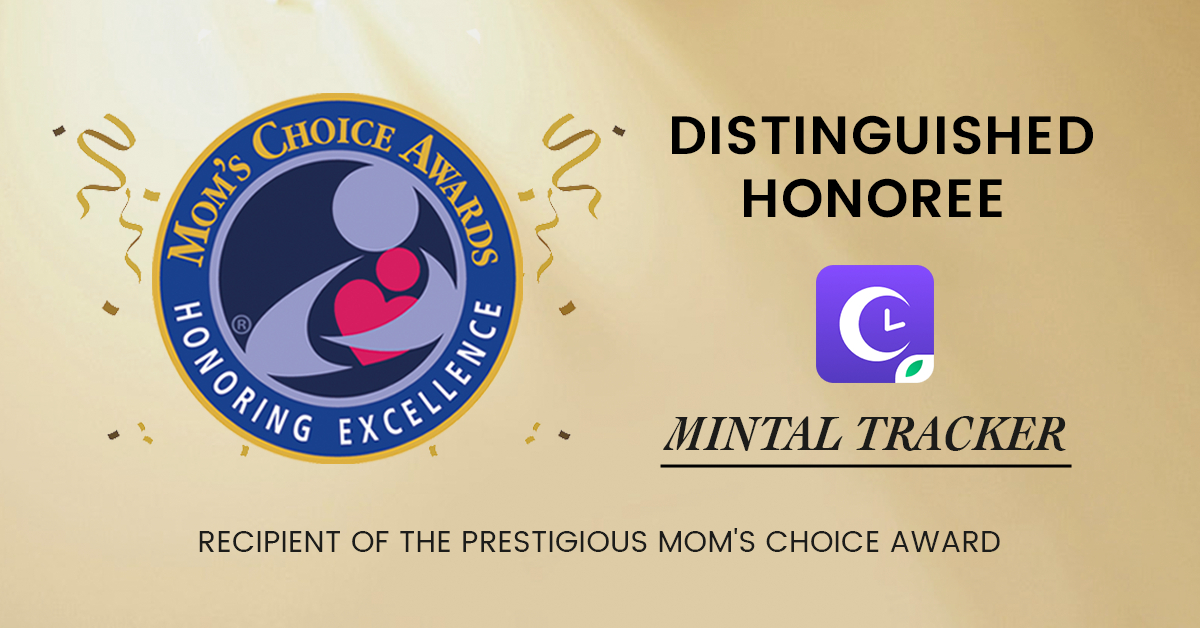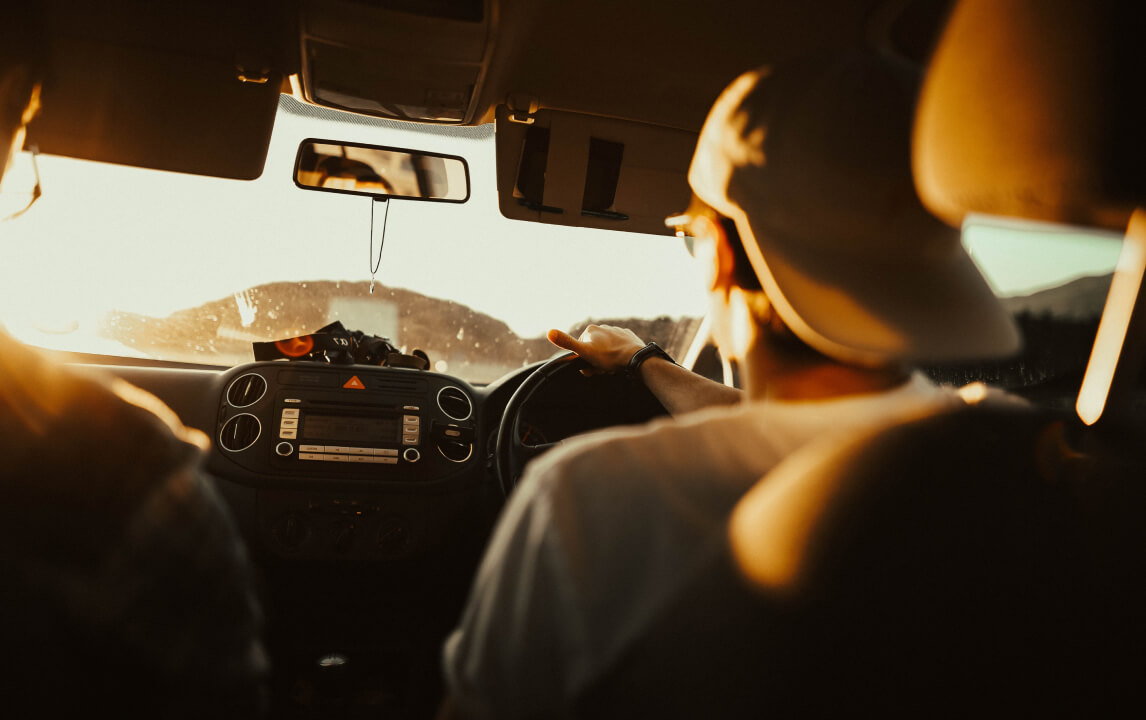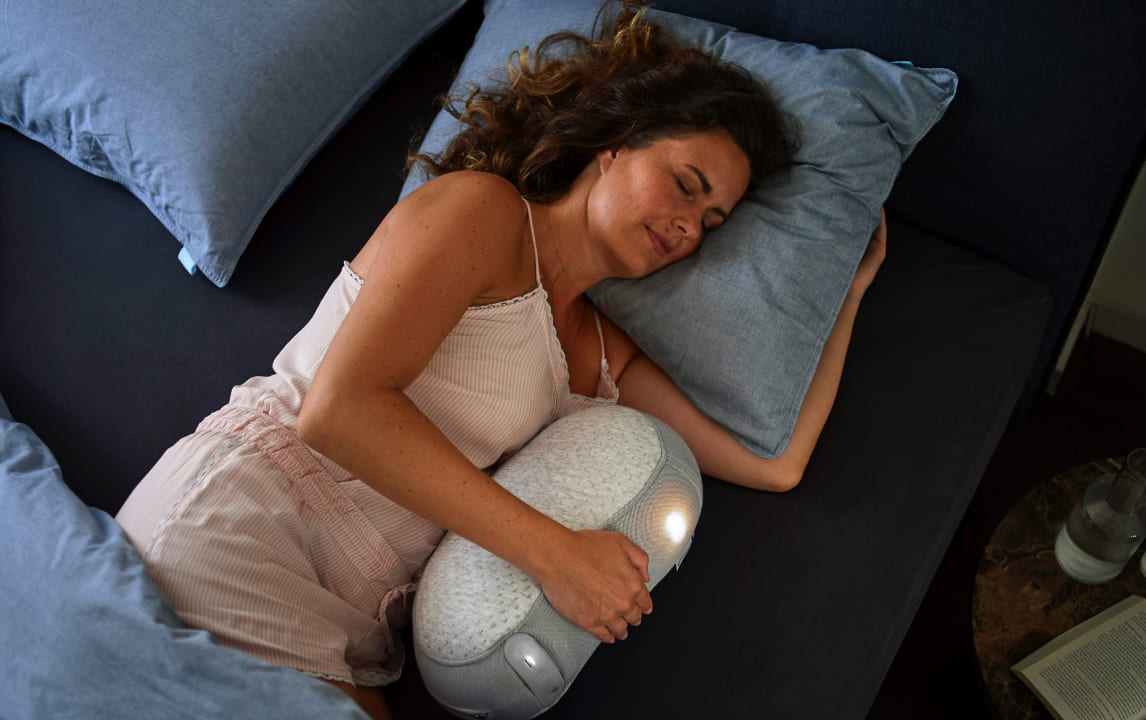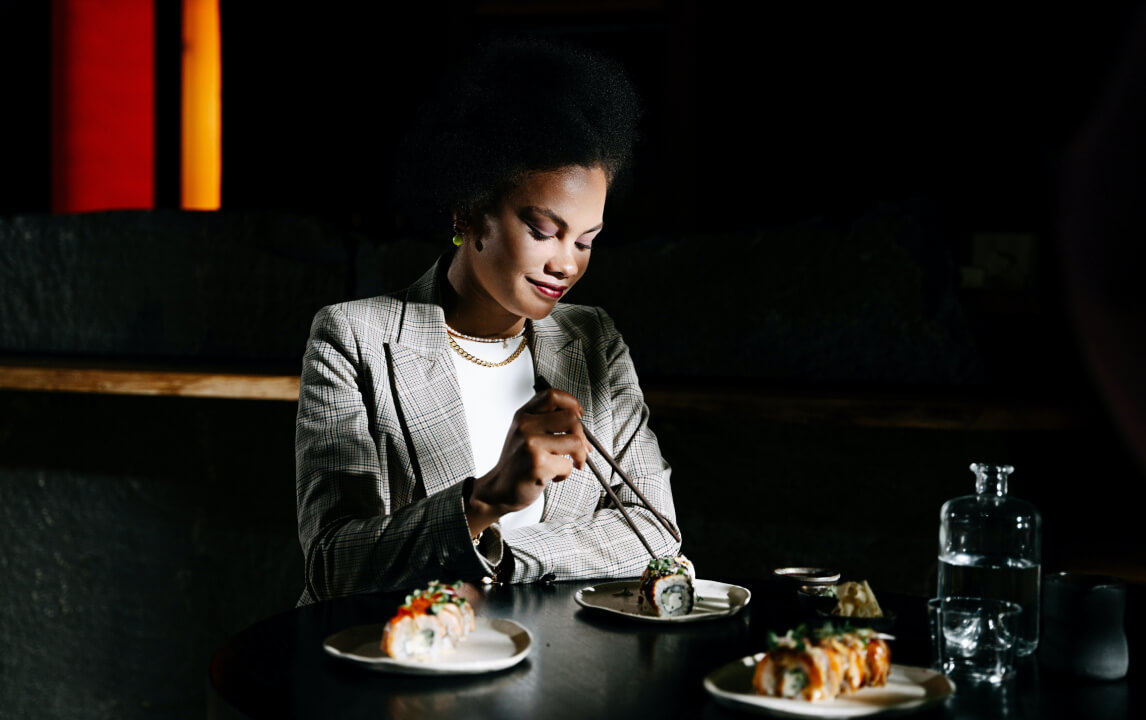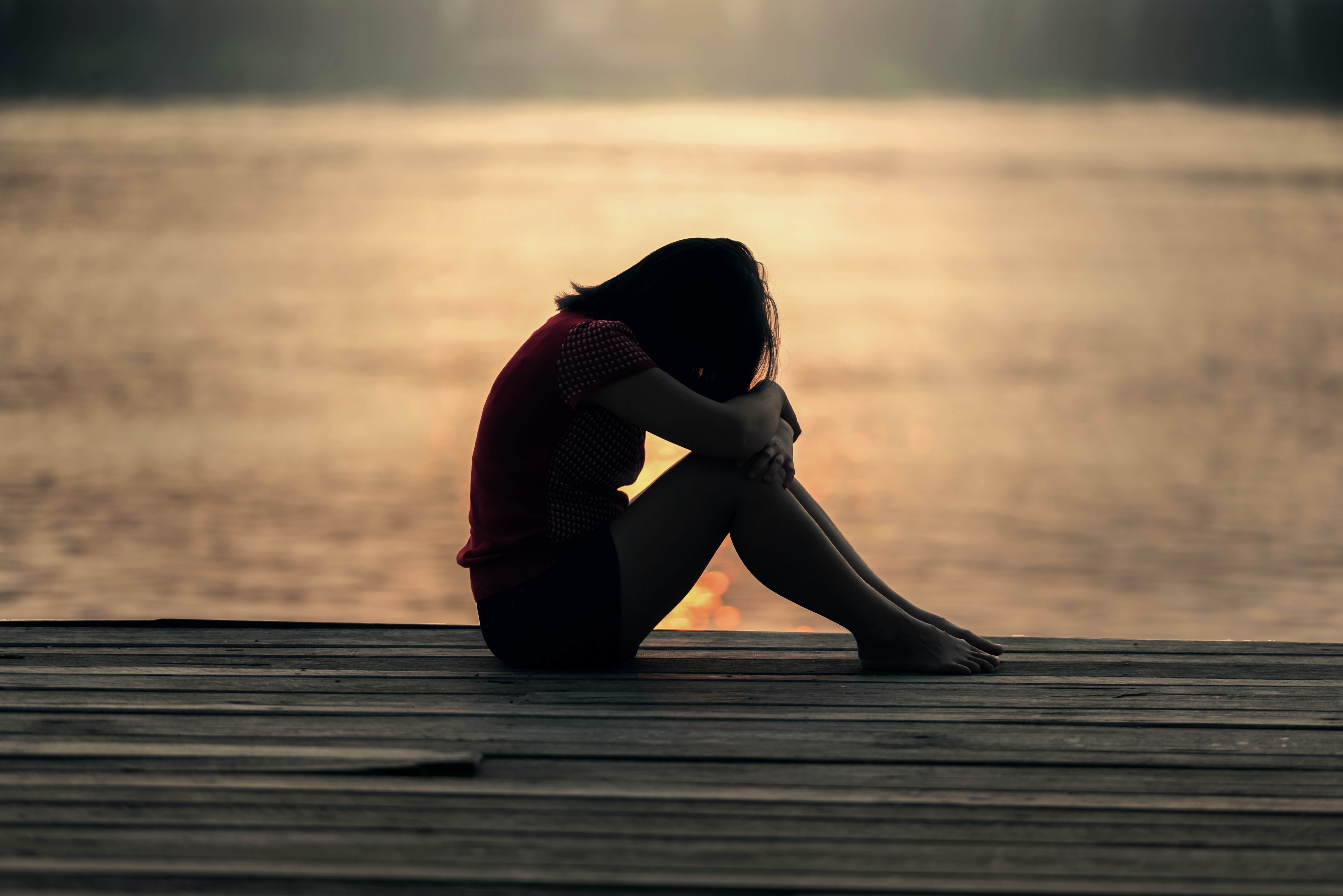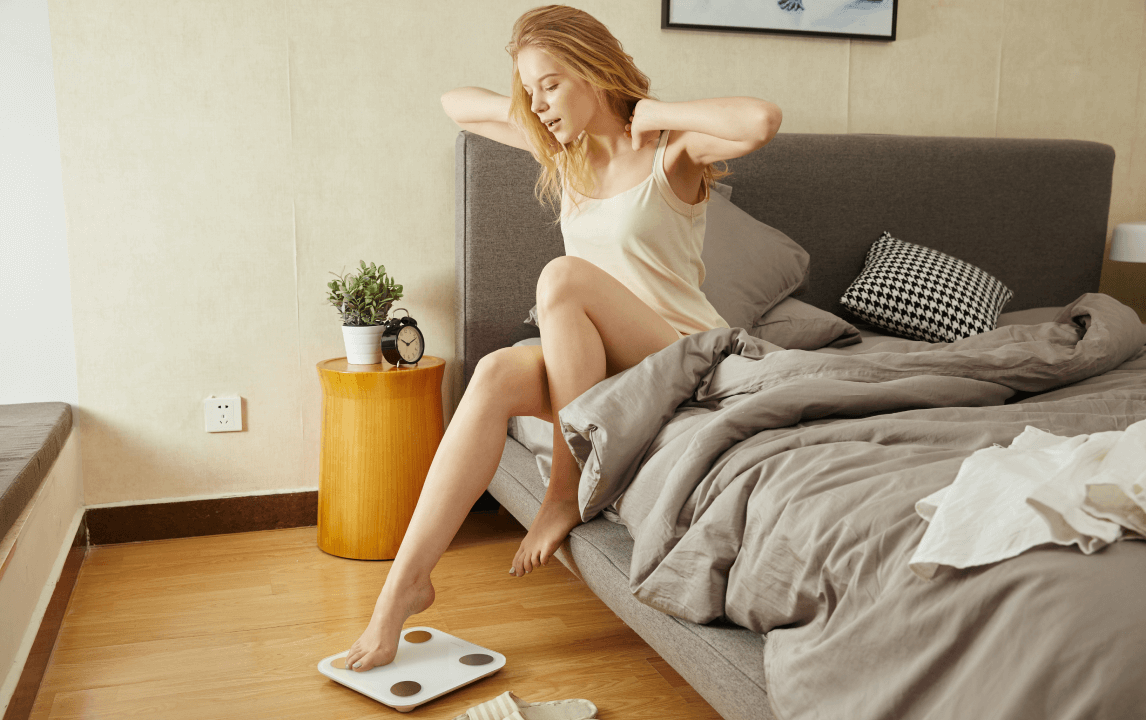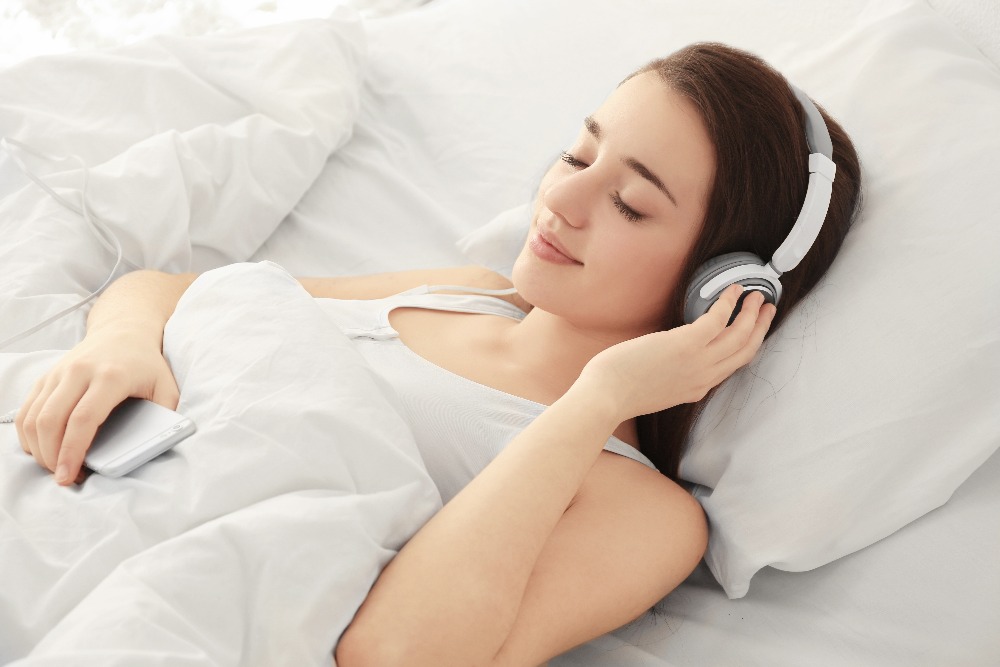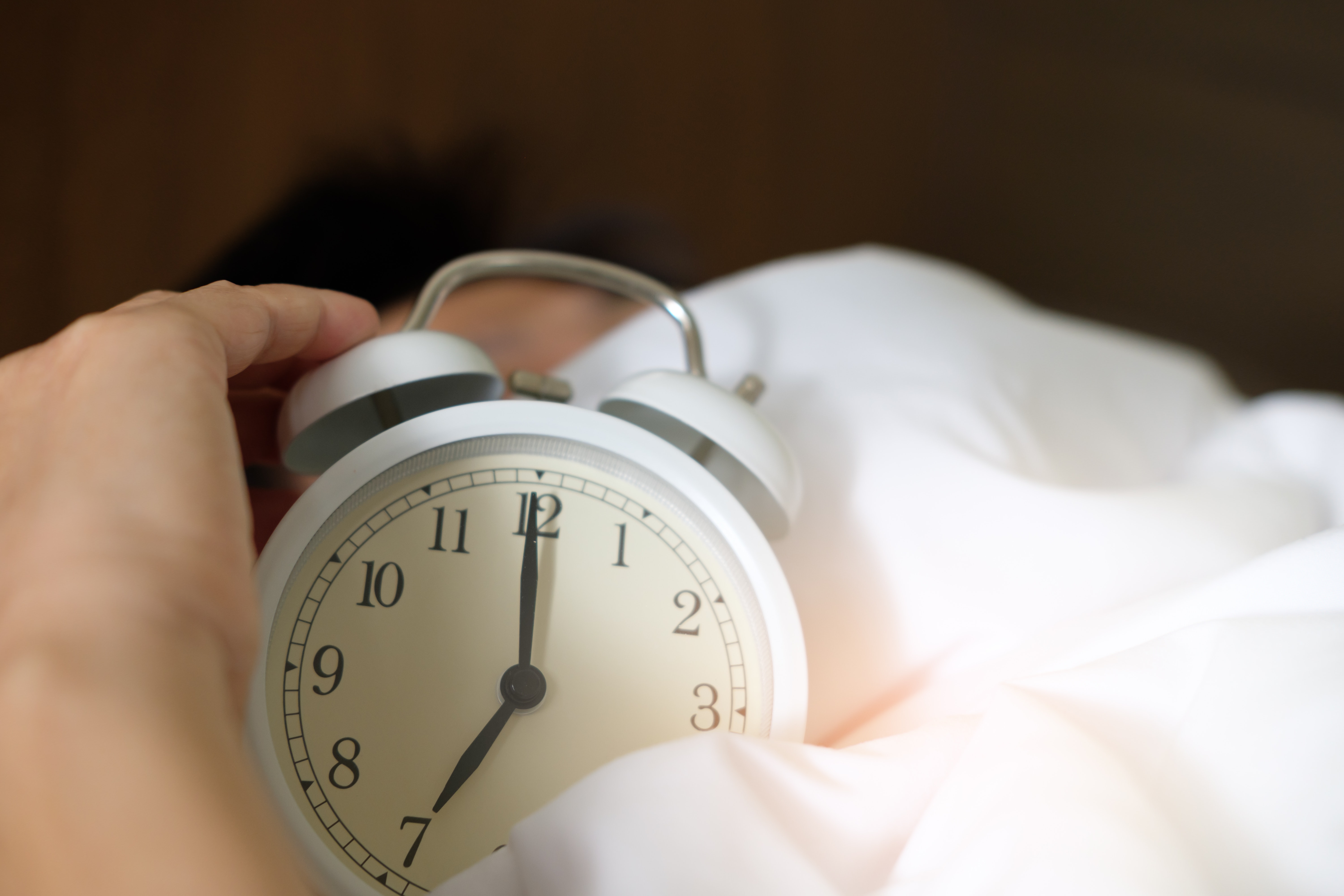Millions of people suffered from insomnia before COVID-19, and unfortunately, the pandemic has created a host of new challenges for them and for people who previously had no difficulty sleeping. Since the COVID-19 crisis and subsequent stay-at-home orders, significantly more people are either under- or over-sleeping.
Sleep troubles and the coronavirus go hand-in-hand. Pandemic-related stress is the more likely cause of insomnia in these individuals. COVID-19 pandemic is affecting some people’s sleep, with 37% of those surveyed saying the pandemic is negatively impacting their ability to sleep well.
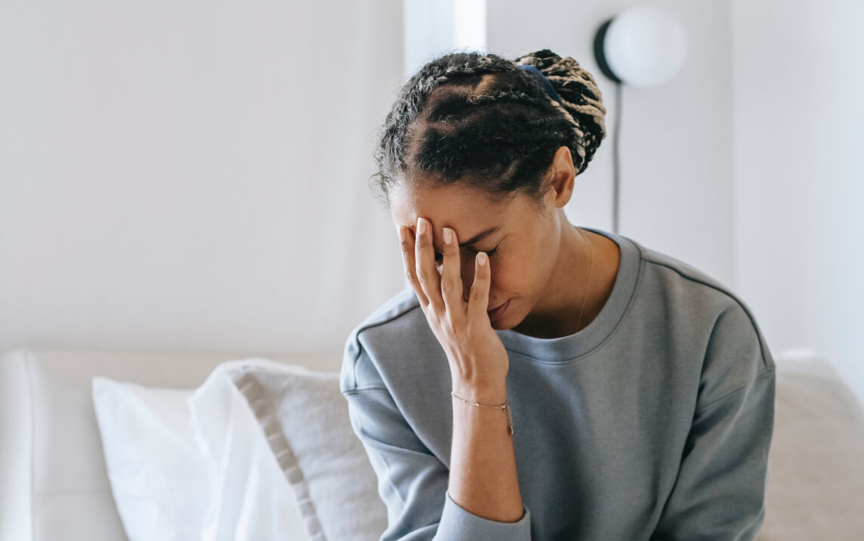
How to Combat COVID-Related Insomnia?
In spite of the daunting challenges, there are a handful of steps that can promote better sleep during the pandemic.
1. Set schedule and routine
Avoid major variation in your daily sleep times. Establishing a routine can facilitate a sense of normalcy even in abnormal times. It’s easier for your mind and body to acclimate to a steady sleep schedule.
2. Stick to a balanced diet
Keeping a healthy diet can promote good sleep. During times of heightened stress and uncertainty, it can be easy to reach for fatty or sugary foods. You should generally aim for a diet rich in vegetables and fruits with some lean meats. Be cautious with the intake of alcohol and caffeine.
3. Calm your mind
To manage your anxiety. For example, playing some relaxing music, having a soothing bath before bed or having some lavender tea; these ancient practices will help you cool your mind. You’ll be able to manage and control and let go of your thoughts.
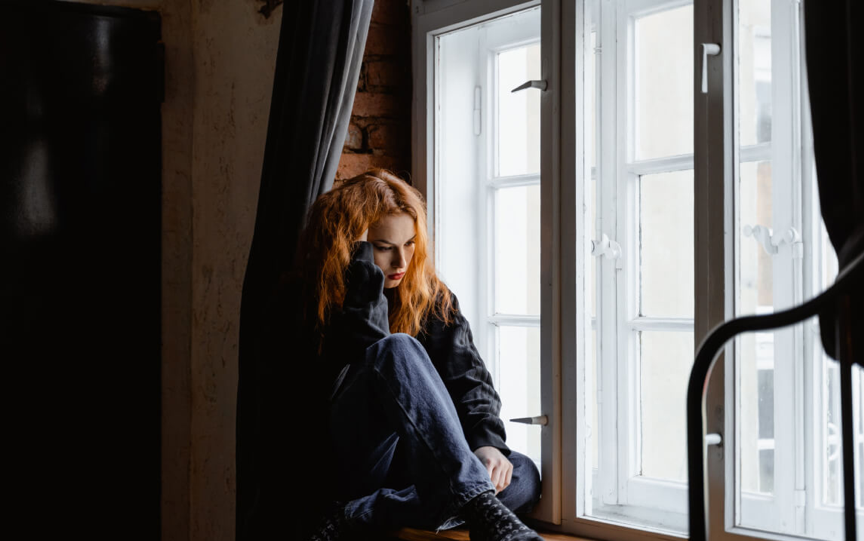
4. Do mild exercise
Some bedtime exercise such as yoga and stretching can help you to focus inwardly, and soon enough, you’ll fall asleep. It’s also a good way to relax your tense muscles and help you to recover from a tiresome workday.
5. Find ways to relax
If you can’t fall asleep 20 minutes after getting on the bed. Do something else that will distract you and find ways to relax. Deep breathing, mindfulness meditation, calming music, and quiet reading are just a few examples of relaxation techniques that you can build into your routines.
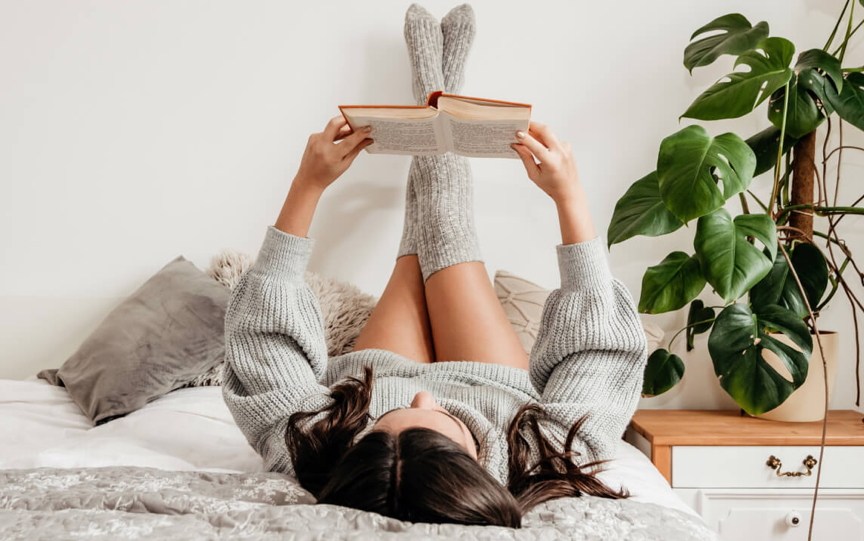
Conclusion
If you’re extremely anxious and aware of its seriousness, do seek help! But staying away from COVID is our top priority for the sake of our health.
